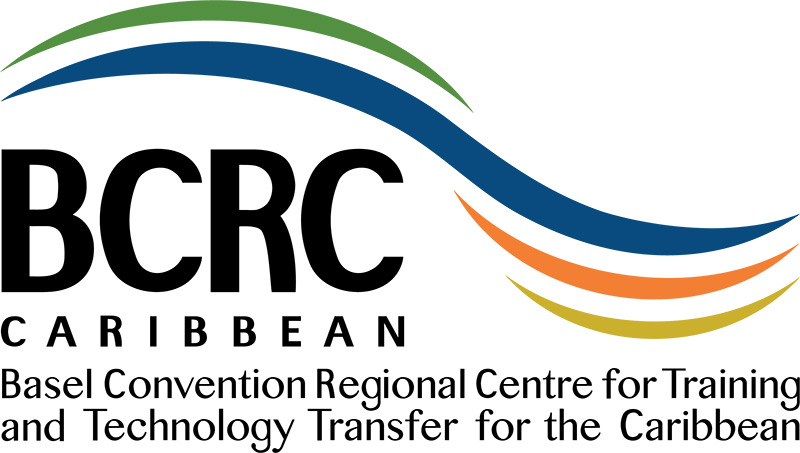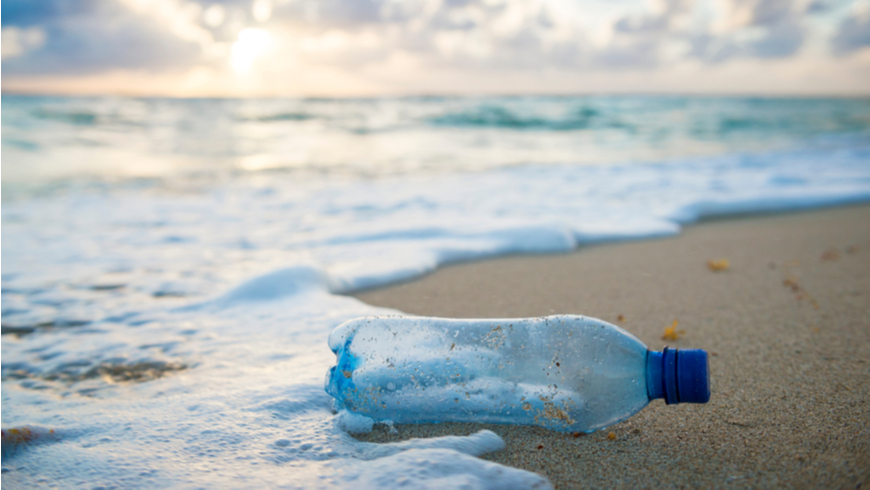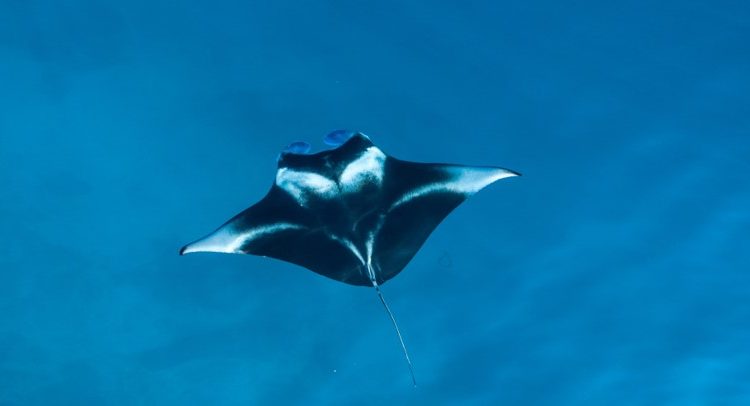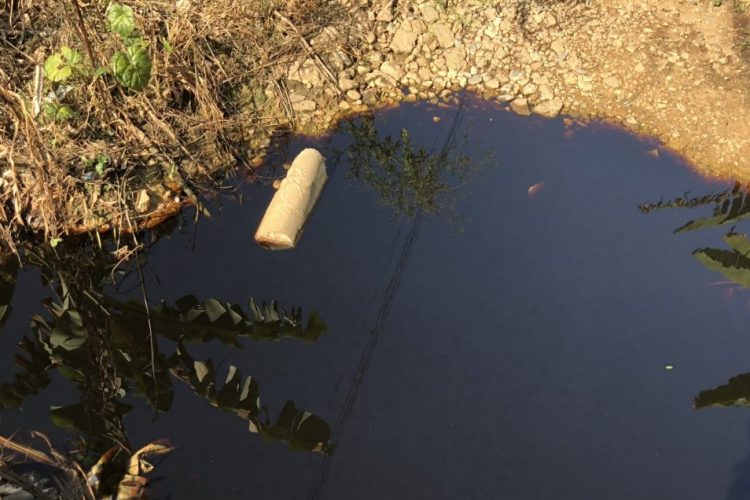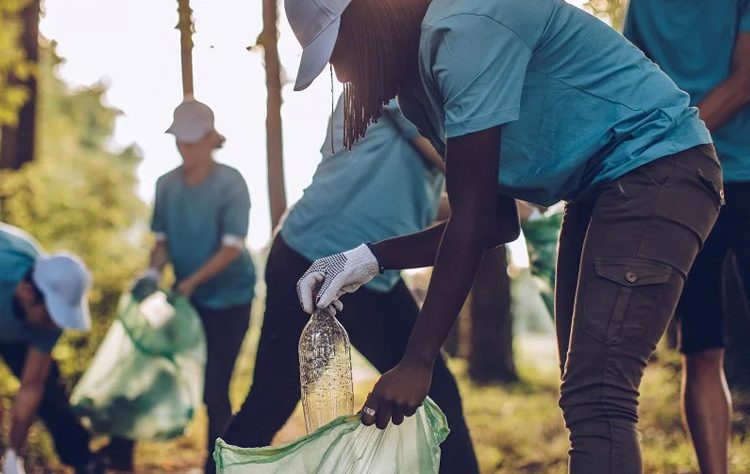Overview of BCRC-Caribbean Projects
The BCRC-Caribbean supports its 14 member countries and other Caribbean Nations that request its assistance with fulfilling their obligations to the chemicals and waste management cluster of global multilateral agreements. This support is provided through execution of projects, organisation of awareness raising meetings and training workshops, dissemination of information and transfer of technology.
12 Caribbean countries are participating in this 5-year Global Programme that aims to prevent the build-up of materials and chemicals containing persistent organic pollutants (POPs), mercury and other harmful chemicals in the environment, and to manage and dispose of existing harmful chemicals and materials in SIDS.
Persistent Organic Pollutants (POPs) Projects
The project, “Development and Implementation of a Sustainable Management Mechanism for POPs in the Caribbean” is building institutional and human resource capacity to deal with POPs and unintentionally produced POPs in eight (8) Caribbean Parties to the Stockholm Convention. Through this, and other national projects, the BCRC-Caribbean is assisting countries with developing, updating and implementing national implementation plans (NIPs) for the Stockholm Convention on POPs.
The BCRC-Caribbean has executed Minamata Initial Assessment (MIA) projects in ten (10) countries in the region with 4 completed and 6 in progress. The MIA projects support countries in their ratification and implementation of the Minamata Convention on Mercury in order to protect human health and the environment from the negative effects of mercury. A National Action Plan for the management of mercury in the artisanal and small-scale gold mining sector in Guyana is also currently being co-executed with the Government of the Co-Operative Republic of Guyana. The Centre has also completed regional projects to identify populations at risk of exposure to mercury and its compounds in the region through biomonitoring activities and preliminary assessments.
The “Waste Oil Management System for Trinidad and Tobago” (WOMSTT) Project aims to develop a system for the collection, recycling and safe disposal of lubricating waste oils in the twin island Republic. Waste oil is considered to be a hazardous waste stream under the Basel Convention.
Waste Electrical and Electronic Equipment (WEEE) contains over 1,000 different dangerous and harmless substances and is considered hazardous by the Basel Convention. In this regard, the BCRC-Caribbean assisted two (2) Caribbean countries, Suriname and Trinidad and Tobago, in conducting assessments on e-waste generation and management. In both countries, gaps in knowledge and practices were observed across different sectors with relevance to WEEE management. Recommendations were provided to support the development and implementation of national frameworks for WEEE management.
Beyond our main projects, the BCRC-Caribbean serves as the executing agency or a key stakeholder in a number of smaller projects under the Conventions that we serve. These smaller projects are aimed at addressing single-use plastics, used lead acid batteries (ULABs), environmentally sound management of household waste among others. Additionally, this section contains information on proposed projects as well as engagement activities such as workshops and webinars.

